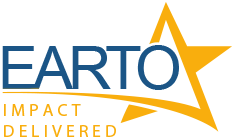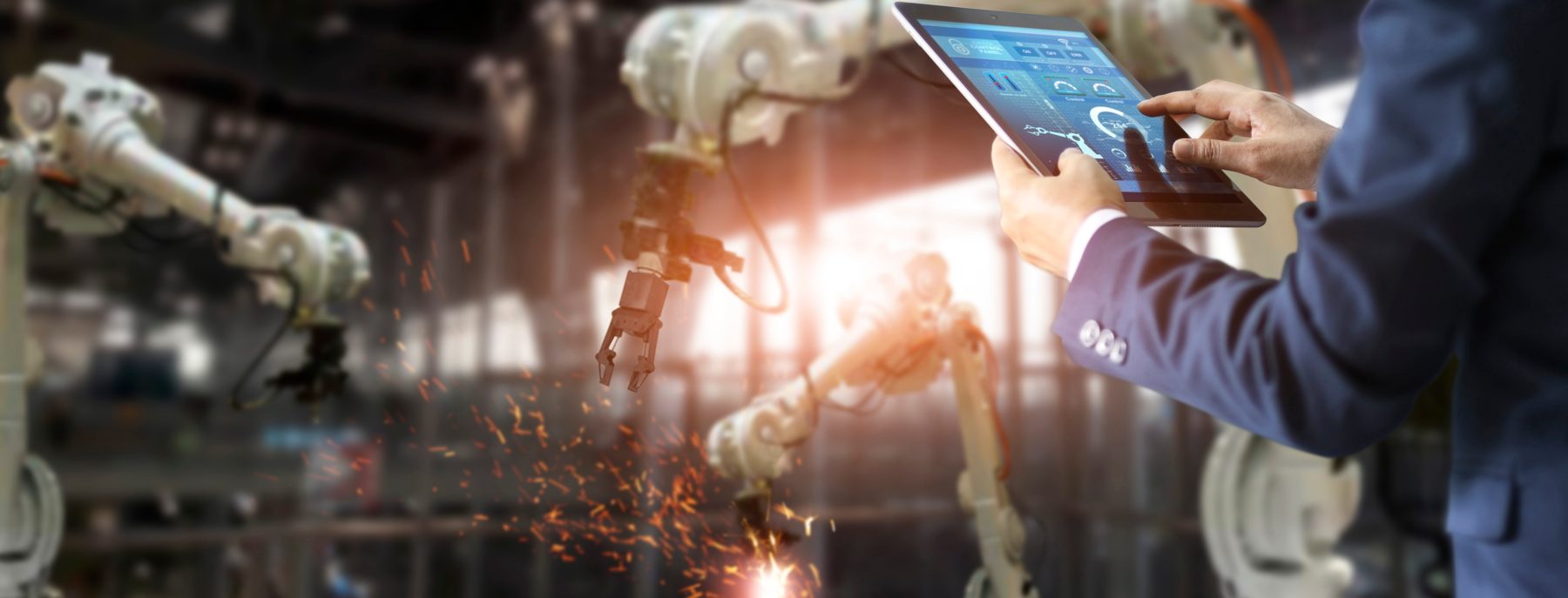TECNALIA – Paralysed patients are not alone
EARTO Innovation Awards 2020 – Impact Expected Category
Second Prize
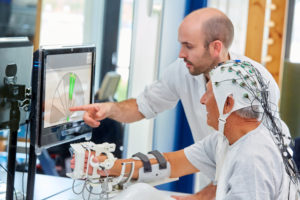 Incidence as well as prevalence of stroke constitute an unsolved problem and a leading cause of serious and long-term disabilities. In Europe, there are almost 8 million severely impaired and chronic patients and, in parallel, stroke costs are estimated at around $34 billion globally per year. Current rehabilitation therapies are not efficient enough, and a more intense treatment is needed. Indeed, the problem has been also shifted to clinics, healthcare systems and insurances that have to bear the costs of stroke rehabilitation, accounting for thousands of euros per patient. TECNALIA, collaborating with the Universities of Tübingen, University of California Berkeley and supported by the Basque Country Health System, the University of Basque country and Université Libre de Bruxelles, accomplished something impossible. Not only has TECNALIA’s ISMORE achieved to develop a system which bridges the gap between brain and muscles, but also to boost the existing therapies. ISMORE provides the patients with an efficacious therapy, allowing them to execute functional movements interacting with objects, activating functional neuroplasticity and achieving a faster personalised treatment.
Incidence as well as prevalence of stroke constitute an unsolved problem and a leading cause of serious and long-term disabilities. In Europe, there are almost 8 million severely impaired and chronic patients and, in parallel, stroke costs are estimated at around $34 billion globally per year. Current rehabilitation therapies are not efficient enough, and a more intense treatment is needed. Indeed, the problem has been also shifted to clinics, healthcare systems and insurances that have to bear the costs of stroke rehabilitation, accounting for thousands of euros per patient. TECNALIA, collaborating with the Universities of Tübingen, University of California Berkeley and supported by the Basque Country Health System, the University of Basque country and Université Libre de Bruxelles, accomplished something impossible. Not only has TECNALIA’s ISMORE achieved to develop a system which bridges the gap between brain and muscles, but also to boost the existing therapies. ISMORE provides the patients with an efficacious therapy, allowing them to execute functional movements interacting with objects, activating functional neuroplasticity and achieving a faster personalised treatment.
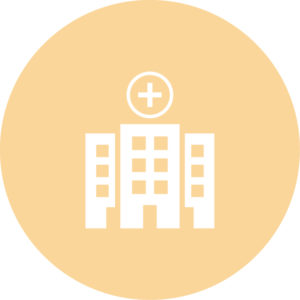 TECNALIA’s ISMORE will directly save more than €13M for European hospitals and health care systems annually
TECNALIA’s ISMORE will directly save more than €13M for European hospitals and health care systems annually
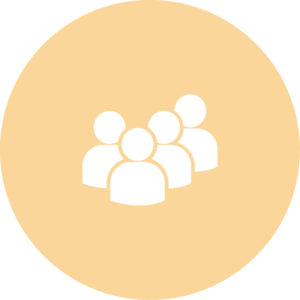 Reduction of stroke severity can decrease at least 30% of post-stroke rehabilitation cost and 1-2 hospitalisation days per patient
Reduction of stroke severity can decrease at least 30% of post-stroke rehabilitation cost and 1-2 hospitalisation days per patient
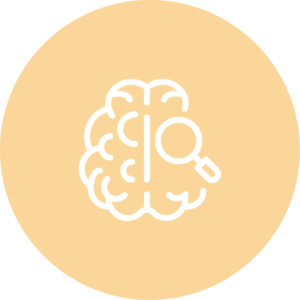 60% of stroke survivors could benefit from TECNALIA’s ISMORE
60% of stroke survivors could benefit from TECNALIA’s ISMORE
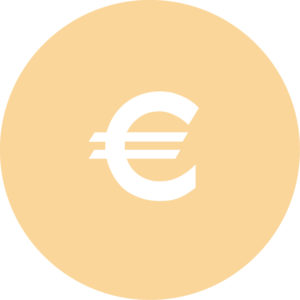 ISMORE is expected to achieve sales of €11M over the first five years
ISMORE is expected to achieve sales of €11M over the first five years
More information about this innovation
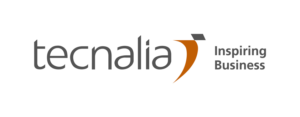 TECNALIA is a Spanish RTO aiming to transform knowledge into GDP by creating business opportunities for companies through multidisciplinary and applied research, improving people’s quality of life. Experts of more than 27 nationalities in 22 headquarters all over the world, visualise, identify and develop comprehensive technological solutions with creativity and imagination for more than 4,000 clients.
www.tecnalia.com
TECNALIA is a Spanish RTO aiming to transform knowledge into GDP by creating business opportunities for companies through multidisciplinary and applied research, improving people’s quality of life. Experts of more than 27 nationalities in 22 headquarters all over the world, visualise, identify and develop comprehensive technological solutions with creativity and imagination for more than 4,000 clients.
www.tecnalia.com
© Photos Credit: Tecnalia
< Previous Next >
